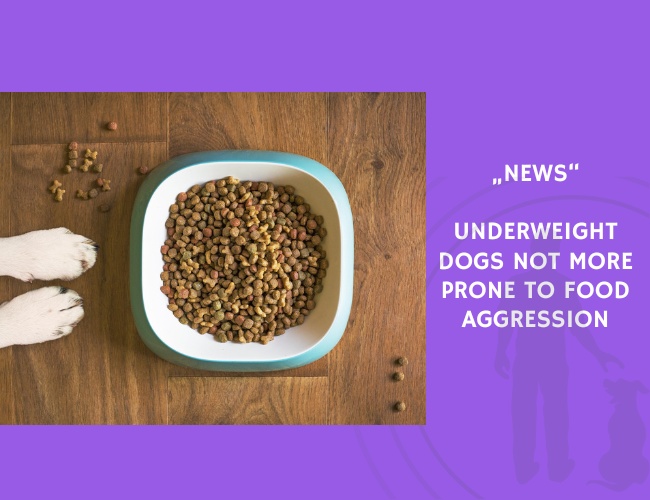Miller et al. (2019) investigated whether underweight or previously starved dogs were more likely to show aggression when approached by humans during feeding. The study analyzed data from 900 dogs involved in criminal cruelty cases, spanning conditions from emaciated to overweight.
Contrary to widespread shelter lore, the results showed that underweight dogs were no more likely than normal-weight dogs to exhibit food aggression. When aggression did occur, its severity was not greater than that observed in normal-weight dogs. The overall prevalence of food or chew aggression was 9.2%, lower than previously reported in shelter populations.
The study also found sex-based differences: female dogs were less likely to display food or chew aggression than males. Breed type, however, was not a significant predictor. Geographic differences emerged, with dogs from New York City cruelty cases showing more aggression than those from large-scale cases, though the reason remains unclear.
These findings have important implications for both shelters and legal proceedings. They suggest that food aggression cannot reliably indicate a history of starvation, and that behavioral assessments should not be used in isolation to infer past neglect or cruelty.
Source: Miller, K., Dolan, E., Cussen, V., & Reid, P. J. (2019). Are Underweight Shelter Dogs More Likely to Display Food Aggression toward Humans? Animals, 9. Authors: K. Miller, E. Dolan, V. Cussen, P. J. Reid. Journal: Animals.










